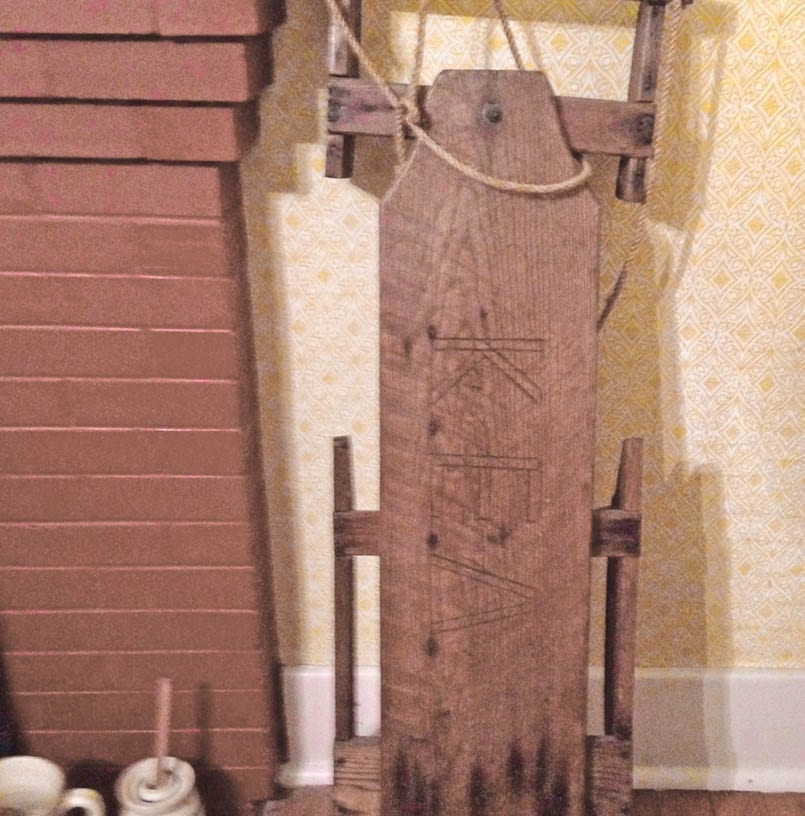20 Jul 2020 Learner’s permit: No expiration date
“I have no special talent. I am only passionately curious.” — Albert Einstein
There is one thing I learned early about learning. There are some things you have to learn, and some you don’t, but should. There are things you shouldn’t learn, but do. Then you must learn to discern the differences! If you’re lucky, you’ll develop curiosity, and that’s the fun part.
I have a mental list of learnings beginning at the age of 2 when my older, male siblings were between 6 and 19.
Older brothers have agendas, and you’re not included.
A younger sister has agendas, too, and the male siblings do not want to be included.
Somewhere in that mix are two parents who remain perplexed about the whole situation, but they allow and expect them all to figure it out fairly and amicably.

Lesson learned: Everyone is allowed to go his or HER own way with differences worked out amongst themselves. Issues are not discussed again except in laughter at family dinners 40 years later.
Some lessons are only learned the hard way.
It is not advised to follow a brother’s temptation to smoke corn silks in rolled up newspaper.
Never roller skate barefooted.
If a neighbor warns you to not play on boards with points-up nails, then don’t.
If a “friend” says to place a stem of black-seeded Dallis grass in your mouth, then close your eyes and make a wish, don’t. She’ll yank it out sideways and you’ll spit out seeds the rest of the day.
Never plant Confederate Violets expecting them to stay in one place.
Lesson learned: We are not guaranteed desired outcomes regardless of good intentions, so we must always have an alternate plan.
One never knows when purposeful or accidental exposure to one subject can cause a lifelong learning devoted to it. A common question asked in get-acquainted conversations is, “When did you find your interest that led to your career (hobbies, etc.)?” It is often seeing or hearing something that especially appealed to you, perhaps more than to others. For some, it is whatever their parents did, so knowledge started early. Hobbies and interests can start at any point of life, and they are often what gives one a sound mind and needed quiet time.
Real interest in learning, whether academic or pastime, comes from curiosity and wanting to use one’s intelligence. Yes, inquisitiveness can be dangerous in some circumstances, but used wisely, it is what brings about learning, inventions, discoveries and conversation with those of like minds!
As far as I know, I taught myself to read. My mother provided books and took us to the library, and I really wanted to know what was in the books! Reading at one level always produced curiosity for advanced reading. I do recall that I would sit on the floor or in a chair near my mother as she sewed or cooked. I would read, spelling out unfamiliar words and asking her how to pronounce them. One of my “parental dictionaries” was always present for consultation.
This picture is not always the case today. At home, mom is tired or harried after work, and dad has retreated to the golf course. School work and too many afterschool activities eat up family time, energy or restful reading time. The COVID-19 pandemic gave parents an idea of what, how and IF their children are learning. Many learned they couldn’t help. Most current learning comes by way of technology, and while that is handy, there is nothing as satisfying as holding a book in your hand for leisurely reading. Technology engages visual learning, but exercising one’s own imagination in print literature is equally good for the intellect.
Teachers used to talk about “learning by doing,” and it is still the best way. I often think about how new, European, “city-bred” residents to the New World of the 1600s learned the hard way, but the best way. They immediately had to learn what plants to not eat and which could be medicinal, which Native American tribes were friendly, which streams were safe for drinking, how to build a home and how to fire a rifle for food or protection. And that’s a short list, all done without a computer, YouTube, TV, cell phone or even books other than a Bible.
As one who can personally contrast the youth of 1950 to that of 2020, my greatest desire is that they once more learn the basics of education and how to think, compare and contrast; to consider results of their actions; to learn the Constitution and its values; to vote; to cook; to keep a bank account; to read a non-digital clock; to use common sense; to learn to obey the laws of our governments and WHY we have them; to learn not to jeopardize their bodies and minds and know they are not immortal. Throw in some politeness; love for our flag and history; respect for their parents and the elderly; adherence to safe driving; and development of good morals. Oh, and that they remember to brush their teeth, use deodorant and go to church, best done in that order. I do not think I’m expecting too much.
- All for one and one for all - June 30, 2025
- Men with a mission - June 1, 2025
- A lifetime of wonder - May 11, 2025











